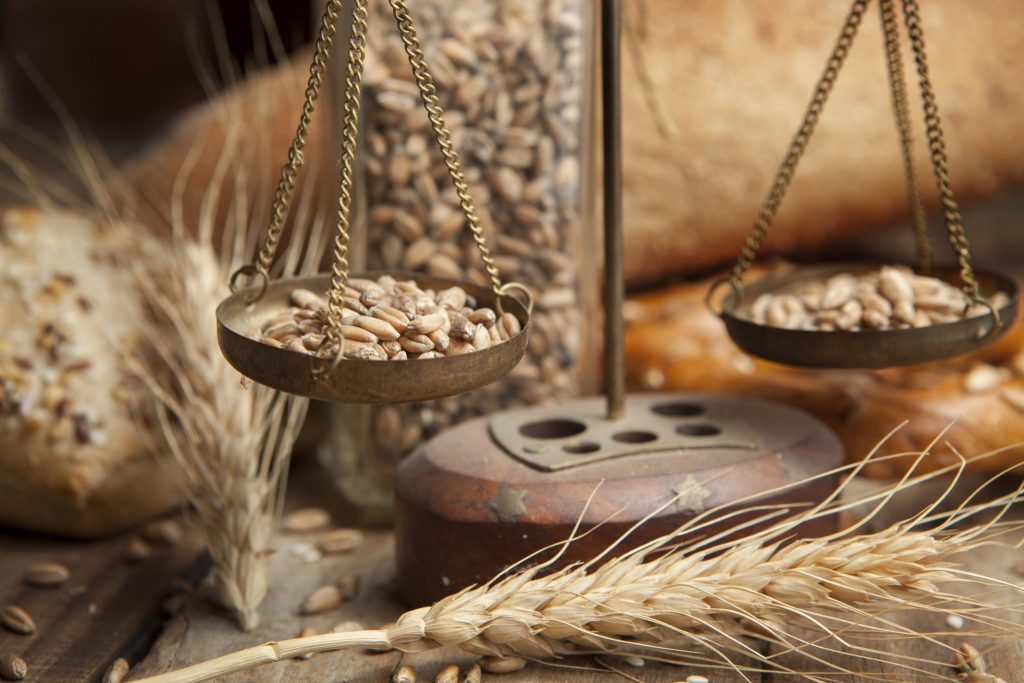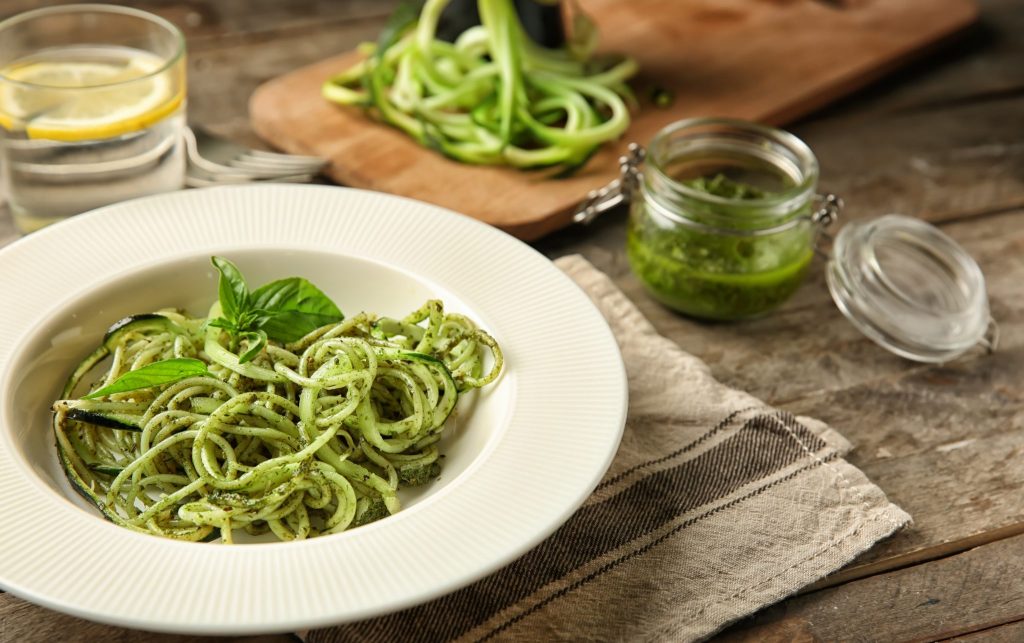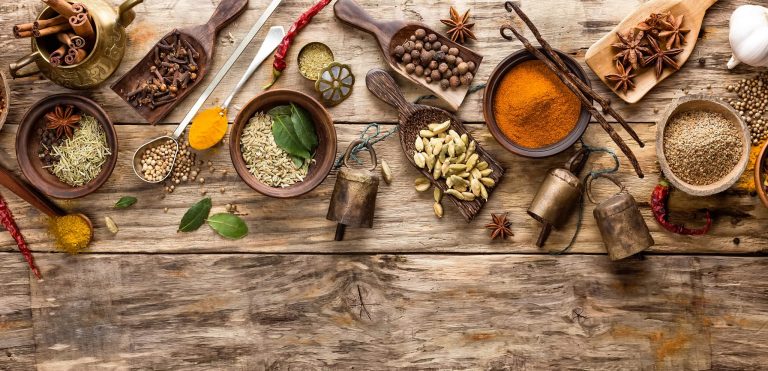You’ve probably heard the whispers, “low-carb is the way to go, you’ll feel much more energetic and lose weight too.” But what is the truth behind the low-carb trend? For the past 40 years, many diets have included low levels of carbohydrates into their regime. Keto, Paleo, and Atkins (read more about the differences here) are probably some of the most famous names.
If you’ve ever tried to reduce your intake, you’ll know that the weight loss results aren’t just a myth, but is it healthy to exclude or dramatically reduce one element from your plate? Let’s take a closer look at what happens when you’re not eating enough carbs.
How many carbs should you be getting?

Like anything to do with your body, the actual amount of carbohydrates you need each day will vary based on several factors such as your activity level, muscle mass, age, and overall health needs.
Current recommendations suggest that you should use carbs to make up 45-65% of your daily calorie intake. That means if your diet contains an average of 2,000 calories, around 225-325 grams of carbs should work for you.
Cut this down, and you’ll start to enter low-carb territory, usually this is around the 150 grams and less range, with ultra-low-carb diets running a minuscule 20-50 grams. While this may seem like very little, how many carbs you need depends mainly on your health and your goals in eating a low-carb diet.
What are the benefits of a low carbohydrate diet?

Though it might seem challenging to reduce your carb amount there are a number of benefits to doing so, such as:
- Weight loss – cutting down on one food group will almost certainly lead to a drop-in weight, and this will especially true at the start as your body adjust to the new regime.
- Reducing bad cholesterol – Lowering your carb intake can boost your heart health, especially if you have issues with cholesterol. Low-carb diets reduce the amount of bad cholesterol in your system.
- Lowered appetite – by eating less carbs you’re more likely to add nutrients like protein and fats to your diet which are calorie dense but fill you up quickly.
- Triglycerides (fat molecules in the bloodstream) levels drop – a high carb consumption has been linked to a rise in triglyceride levels in the blood, cut down on unhealthy carbs and you may see a drop.
- Regulating blood sugar levels – low-carb diets have long been used by physicians in the treatment of diabetes and have proven successful.
- And more
While it might seem like a good idea to cut those carbs right now, be aware, a lack of carbohydrates in the diet can lead to some serious health consequences if not monitored properly.
How to know when you need to get more carbs?

The benefits speak for themselves, but a zero-carb diet isn’t a reality, and a low-carb one needs to be carefully monitored to ensure you are giving your body sufficient fuel to keep it going.
So, how do you know when too little carbs are too little? Watch out for the following:
- Carbs are fuel for your body, so one of the first symptoms of not eating enough carbs you’ll experience is a drop in your energy levels. You might be feeling tired and sluggish all the time, and this might mean you need a boost. While that doesn’t mean filling your tummy with a pile of fried potatoes (however, tasty they may be), it might mean turning to a few of the healthier carb options.
- Have you been a grumpy Gus lately? Snapping at your co-workers, friends, and whoever was in reach? Or maybe just feeling down? If so, your energy levels might be too low, and it’s time to fuel up to avoid a fall out from that low mood of yours. Don’t be hangry; instead, be smart with your carbs.
- It might not happen right away, but over the course of a few months or weeks, you might start to feel drained and run down – then a cold hits, and then another one. This is a sign your immune system is low, and when you don’t eat enough carbs, your body might not have the fuel to fight infection efficiently.
- Although the initial results were great – those jeans!!! – Now you’ve hit a weight loss plateau, and you’re wondering why. The secret may be in your diet. Eating super low carb can lead you to consume more fats and proteins which if done incorrectly, can lead to weight gain. So, keep an eye on what you eat.
- Struggling to go to the toilet, feeling discomfort in your stomach, then it’s likely that alongside your carb reduction, you’ve reduced your fiber intake too. Digestive issues are indicative of your body’s overall health, so take a look at your diet and uncover where you can find those essential ingredients, such as fiber, to put yourself right.
What are the best carbs to include in your diet?
Now you know a little more about the benefits of low carb and the risks, perhaps you’re ready to make some dietary changes. Whether you’re convinced of the goodness of low carbohydrates or you just want to make some healthier carb choices, getting in on the trend doesn’t have to mean giving up all that is good and tasty.
There are healthy and unhealthy carbs out there, and you might consider making the switch before you hit the gas pedal on the Keto-Atkins-Paleo trend.
Here are some of the quick and healthy changes you can make:
- Switch out that regular spaghetti for some vegetable-based version. Try out zucchini, carrots, sweet potato or squash – you’ll be amazed at how tasty it is.
- Try changing those burger buns or whole grain wraps for lettuce wraps, that’ll solve your crunch craving.
- Instead of boiling that rice, swap it for some cauliflower rice (first timers, might need a little spice to enjoy the new taste).
- Satisfy that cold craving for ice cream with blended frozen banana nice-cream.
While avoiding white bread, pasta and other such carbs, try to replace them with nutrient-packed ones instead to maximize your calorie-carb levels. Choose complex carbs such as lentils, beans, fruits, and veg that’ll keep you fuller for longer and keep your body nourished.



